This two volume study constitutes the most comprehensive account of the formation of the Christian Clergy in India. The result of detailed research by a team of social scientists spread over many years, it has a number of unique features. The study presents, for the first time, a third world perspective; it is based on in-depth empirical data drawn from a broad range of sources including first-hand interviews; and it provides a comparative and critical analysis. Part I of the first volume begins with an overview of Christianity in India and goes on to examine various aspects of the Christian Clergy. This includes demographic profile, family background, social status, occupational careers, women in the church, and colleges and congregations. Part II goes on to consider the social roles which members of the clergy are expected to fulfil. The aspects covered include training, motivation, commitment, role images, preferences and performance, and relations with the wider community. The authors end with providing fresh insight into the value orientations of the Christian Clergy in contemporary India, in the context of the crucial issues of secularism, communalism and fundamentalism. Rectifying erroneous interpretations of history and setting the record straight about a much misunderstood community, this two volume study will be of particular interest to Protestant, Orthodox and Catholic seminaries, church authorities and training institutes, and departments of religious studies. It will be of equal interest to those studying the sociology of religion and professions. Additionally, this study will greatly assist the layman to understand how a minority faith funtions in the context of religious pluralism.
ABOUT THE AUTHOR T.K. Oommen
Prof. T.K. Oommen is an eminent Social Scientist and so far the only scholar from Asia and Africa to have been elected to the position of President (1990-94), International Sociological Association (ISA), a fifty-year old UNESCO-sponsored world body of Sociologists. He was the Secretary-General of the XI World Congress of Sociology, the quadrennial Congress of the ISA, held in New Delhi in 1986. Pro. Oommen was also the President of the Indian Sociological Society during 1998-1999. Prof. Oommen authored/edited 18 books and over 100 research papers in top professional journals, both Indian and international. His recent books include: Citizenship, Nationality and Ethnicity, Polity Press, Cambridge, 1997; Equality, Identity and Pluralism, Oxford University Press, 2002; and Nation, Civil Society and Social Movements, Sage Publication, 2004. He has been given three prestigious awards-the V.K.R.V. Rao prize in Sociology (1981); the G.S. Ghurye award in Sociology and Social Anthropology (1985) and the Swami Pranavananda Award for Sociology (1997) in recognition of his professional contributions. An internationally reputed scholar, Prof. Oommen was invited to be a visiting Professor/Fellow at: Department of Sociology, University of California Berkeley (U.S.A.), Fall 1990; Maison des Sciences de L'homme, Paris (France), June-July 1992; Wissenshaftszentrum Berlin, May-July 1993 and June 1994; Research School of Social Sciences, Australian National University, Canberra, Australia, December 1993; institute of Advanced Studies, Bdapest, Hungary, October 1994-July 1995; Institute of Advanced Studies, Uppsala, Sweden, January-June 1998. Professor Oommen started his academic career in 1964 as a faculty member of Delhi University, joined Jawaharlal Nehru University as Associate Professor in 1971. He became a full Professor in 1976 and retired from JNU in October 2002. At present Professor Oommen is Chair, Non-traditional Security, Delhi Policy group; Chair, Schumacher Centre, Delhi; Chair, Programme Advisory Group, Gujarat Harmony Project, CARE India, New Delhi and President, Forum for India and European Union.

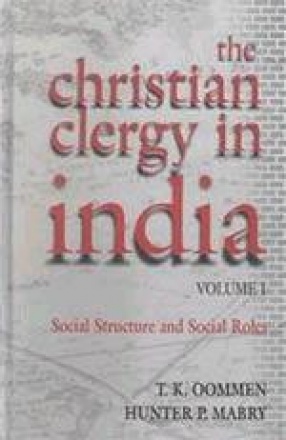
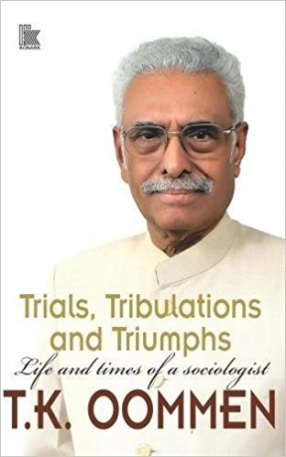
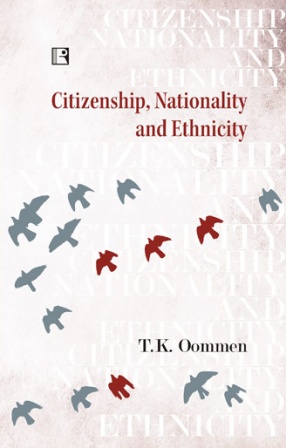
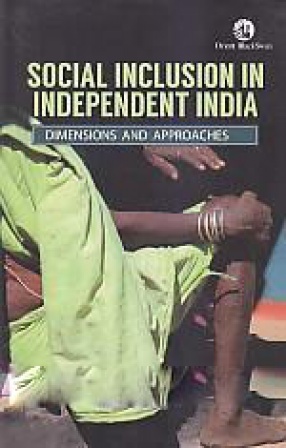

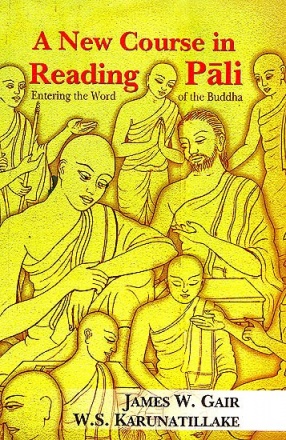

There are no reviews yet.